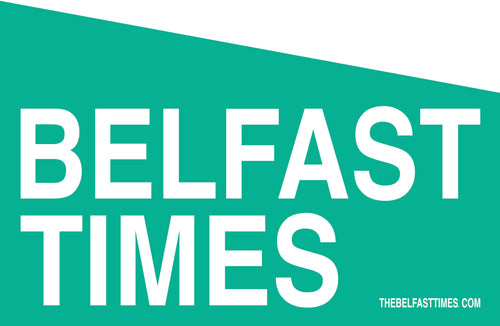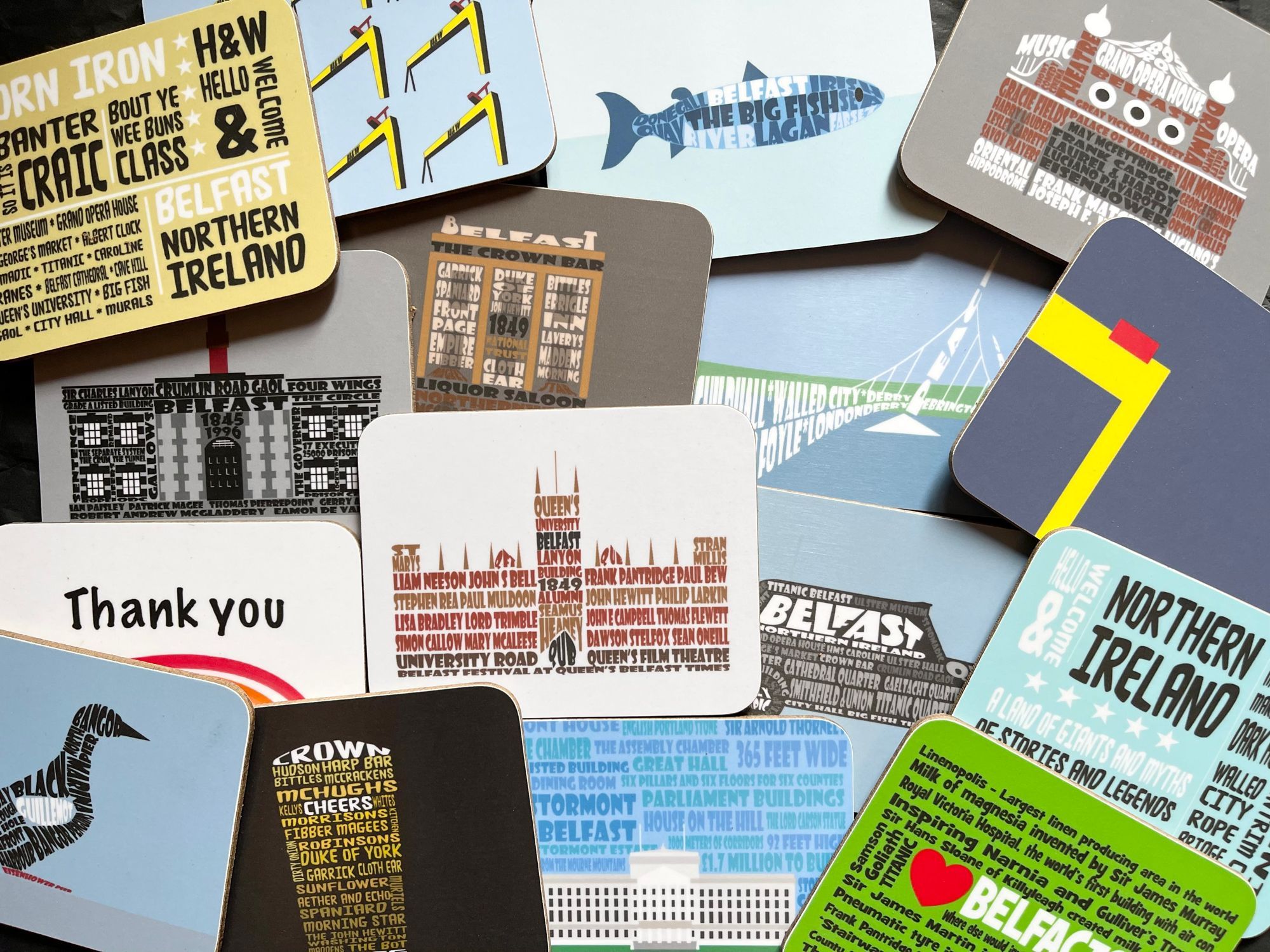Medieval culture is replete with magical stories of enchantment, illusion and the supernatural. From the demonic sorcerers of Dante’s Inferno, to the animal incantations of the lais of Marie de France, or the alchemical performances of Marlowe’s Faustus, medieval European texts afford a fascinating insight into the complex, surprising and often entertaining ways people understood the universe, as well as their place in it.
In their attempts to uncover the mysteries of their surroundings, medieval ‘magicians’ were precursors of the modern scientist. Practitioners of ‘magic’ might include healers with specialist knowledge of herbs and potions, or monks capable of communing with divine and demonic powers. They might also include astrologers whose celestial readings predicted future events, or even barber surgeons, who were able to effectively manipulate the bodies under their care.
Magicians, in this broad sense, were those who were knowledgeable about the world and able to exercise power over it, much like the scientists and technological experts of today. By their special ability to comprehend and affect their environment, the activities of clerics, alchemists and sorcerers coincided. Such intersections problematise modern distinctions between religion, magic and science.
Exploring a range of fascinating literature, manuscripts and museum artefacts, the presentations below explore the history of magical thinking as it develops from the late Middle Ages into the present.
Compiled by undergraduate and postgraduate English students studying at Queen’s University Belfast, each project demonstrates how magical thinking has permeated past and present cultures.
Find out more HERE


